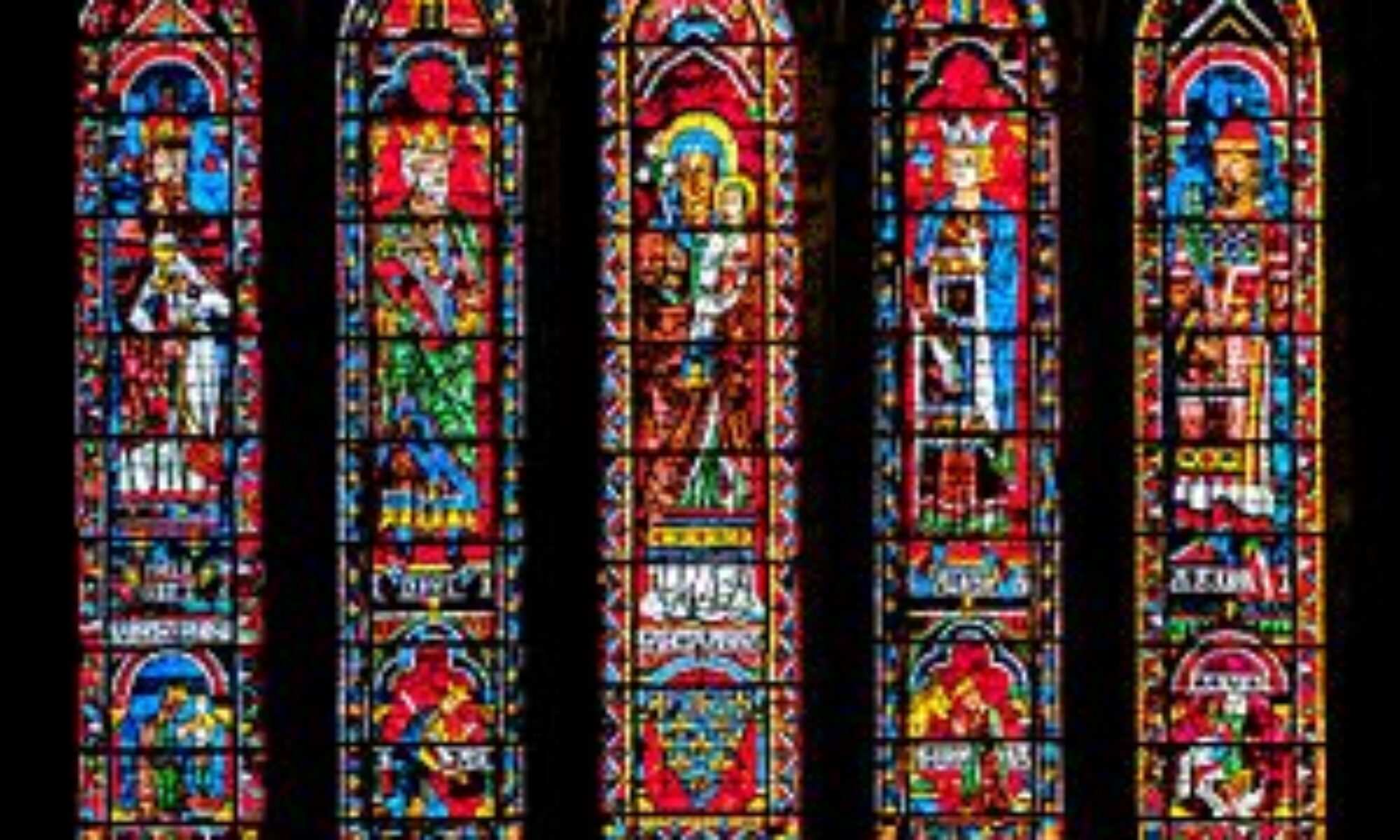Click for Day Four – 9 Days For Life

Simple ways to live your faith everyday
9 Days for Life unites Catholics nationwide via the annual novena prayed for the sanctity and protection of all human life. Each day’s intention is accompanied by a short reflection and suggested actions to help build a culture of life.
In catholicism, a novena consists of prayers or actions over nine successive days. This year’s novena begins on January 19 and ends on January 27. If you’d like to participate, please visit Everyday Catholic daily from January 19 – 27 to find the daily prayers and reflections, along with other resources.
If you prefer, you may visit RESPECT LIFE to sign up to receive the daily prayers via email or text or click the link below to download the entire novena.
9-days-for-life-novena
Today we celebrate the Baptism of the Lord.
Christian baptism is the sacrament through which we are cleansed of original sin and welcomed into the family of God. We know Jesus, the Son fo God, was without sin, so why was he baptized?
Reprinted from The National Shrine of the Immaculate Conception at nationalshrine.org
In the liturgical calendar, the Feast of the Baptism of the Lord signifies the end of the Christmas season. The Baptism of the Lord is notable because it marks the beginning of Jesus’ ministry and confirms his identity as the Son of God. This event is documented in all the gospels except John.
The Trinity Displayed in the Baptism of the Lord
The Gospel of Mark describes the event:
It happened in those days that Jesus came from Nazareth of Galilee and was baptized in the Jordan by John. On coming up out of the water he saw the heavens being torn open and the Spirit, like a dove, descending upon him. And a voice came from the heavens, “You are my beloved Son; with you I am well pleased.” (Mark 1:9-11)
Christ’s baptism remarkably shows all three Persons of the Trinity at the same time: the Son being baptized, the Holy Spirit descending, and the Father speaking from the heavens. In this event, the Father and the Holy Spirit confirm the deity of Christ, and Jesus submits to his Father’s will.
Why Is Jesus Baptized?
When Jesus comes to John, John hesitates to baptize him. John’s is a baptism of repentance, and Jesus has nothing for which he needs to repent. Why then does Jesus insist on being baptized? By choosing to be baptized, Jesus fulfills all righteousness – preparing himself to be a perfect sacrifice for us.
The account in Matthew demonstrates this:
Then Jesus came from Galilee to John at the Jordan to be baptized by him. John tried to prevent him, saying, “I need to be baptized by you, and yet you are coming to me?” Jesus said to him in reply, “Allow it now, for thus it is fitting for us to fulfill all righteousness.” Then he allowed him. (Matthew 3:13-15)
What Does Baptism Mean for Us?
As we reflect on Christ’s baptism, we are reminded of our own baptism. Pope Benedict XVI said on the Feast of the Baptism of Our Lord:
[Baptism] is communion with the One who conquered death and holds in his hand the keys of life. Belonging to this circle, to God’s family, means being in communion with Christ, who is life and gives eternal love beyond death.
Thanks be to God, who has redeemed us from our sins and given us eternal life through Jesus Christ.
Thanks be to God, who has redeemed us from our sins and given us eternal life through Jesus Christ.
The following is being re-posted with permission. It was written by Liz, founder and author of the Love Being Catholic Facebook page and blog. Follow Love Being Catholic on FACEBOOK or visit the BLOG for more posts like this one.
The Catholic Church has always taught that Purgatory does exist. It is not a second chance to be saved, but rather, a place of cleansing for the already saved before entering into heaven. Once you die you are either saved or not saved. People who die with unexpiated sins or the attachment to sin on their souls go there, and are cleansed in the purifying fire of Purgatory for a period of time. Once they are purified, they go to heaven and enjoy the Beatific Vision forever.
“Eternal Father, I offer Thee the Most Precious Blood of Thy Divine Son, Jesus, in union with the Masses said throughout the world today, for all the Holy Souls in Purgatory, for sinners everywhere, for sinners in the universal church, those in my own home and within my family. Amen.”